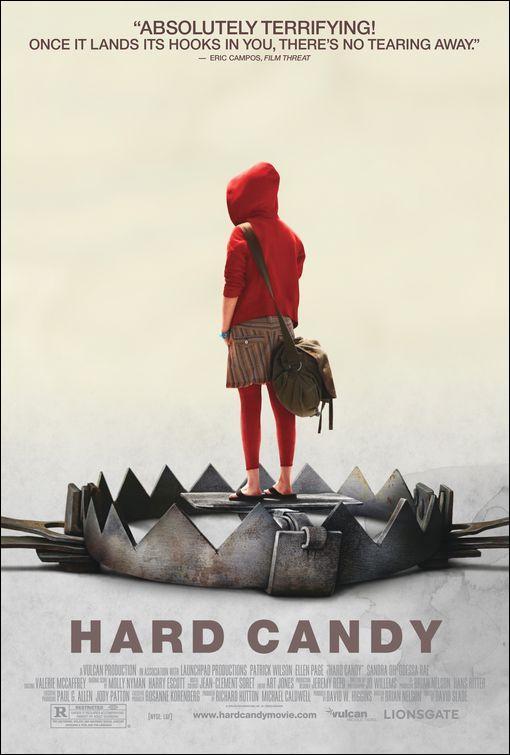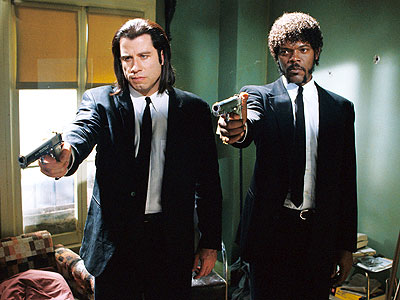“Hard Candy: An underage girl -often aged 12 to 16- who is particularly attractive and/or gullible. In other words, a pedophile's dream.”
And that’s what Hayley is. A hard candy. Jeff’s dream. But, this hard candy seems to be harder than others. You know, just like the ones that break your teeth when you bite them.
Hayley was not what Jeff wanted her to be. Just as life. Sometimes life doesn’t drive you where you expected to go, and then you regret your previous decisions and acts... or you like the new way you’ve came across. Life is like this: unexpected.
 Hard Candy is also unexpected. I mean, I don’t want to tell you what happens on the film, but if you have seen it (I hope so), you will know immediately what I’m talking about. Hayley is not the naïve girl she shows off at the beginning. She wants us to think like this. Good job, Hayley (or should I say Ellen Page?), you’ve done it! I know I am talking about fiction, but there is always some reality in it. This film happens to be a story that can occur perfectly in real life. A little bit hardcore, though. Do you think that Jeff, one of the main characters, was thinking about that painful, tragic end when he chatted with Hayley for the first time? No. And when he has met her? No. Not at all. We have to recognize that Hayley has “a pair of eggs” for acting like she does and take revenge on Jeff in the name of all his victims. He deserved a harsh punishment.
Hard Candy is also unexpected. I mean, I don’t want to tell you what happens on the film, but if you have seen it (I hope so), you will know immediately what I’m talking about. Hayley is not the naïve girl she shows off at the beginning. She wants us to think like this. Good job, Hayley (or should I say Ellen Page?), you’ve done it! I know I am talking about fiction, but there is always some reality in it. This film happens to be a story that can occur perfectly in real life. A little bit hardcore, though. Do you think that Jeff, one of the main characters, was thinking about that painful, tragic end when he chatted with Hayley for the first time? No. And when he has met her? No. Not at all. We have to recognize that Hayley has “a pair of eggs” for acting like she does and take revenge on Jeff in the name of all his victims. He deserved a harsh punishment.Going back to what I am focusing on: roads of life. The roads of life are impressive. We can’t know what is waiting for us right there, in the future. So, why we keep on trying to plan everything in our life? Because it feels good when you have everything under control. But sometimes it gets boring too. This may be a bohemian way of thinking, and it’s normally not my style, but... I like it. I am not saying that we should forget about all our responsibilities and run away, but breaking with the routine once in a while is not only revitalizing, but also necessary.
As Regina Spektor -marvelous voice, marvelous woman- says in “On the radio”:
“This is how it works: You're young until you're not, you love until you don't, you try until you can't, you laugh until you cry, you cry until you laugh... And everyone must breathe
until their dying breath”.
until their dying breath”.
It is a life philosophy. Just as Carpe Diem. Time passes by, we can’t stop it. Instead of it, we can enjoy it. We are filling our life with experiences and memories. We have the good ones and the not-that-good ones, but all of them have been helping us becoming the person we are in the present. And the very important ones will walk with us during the rest of our life. There is still time to make it spectacular.
One day life will flash before your eyes. Make sure it is worth watching.
Say something, say something.



